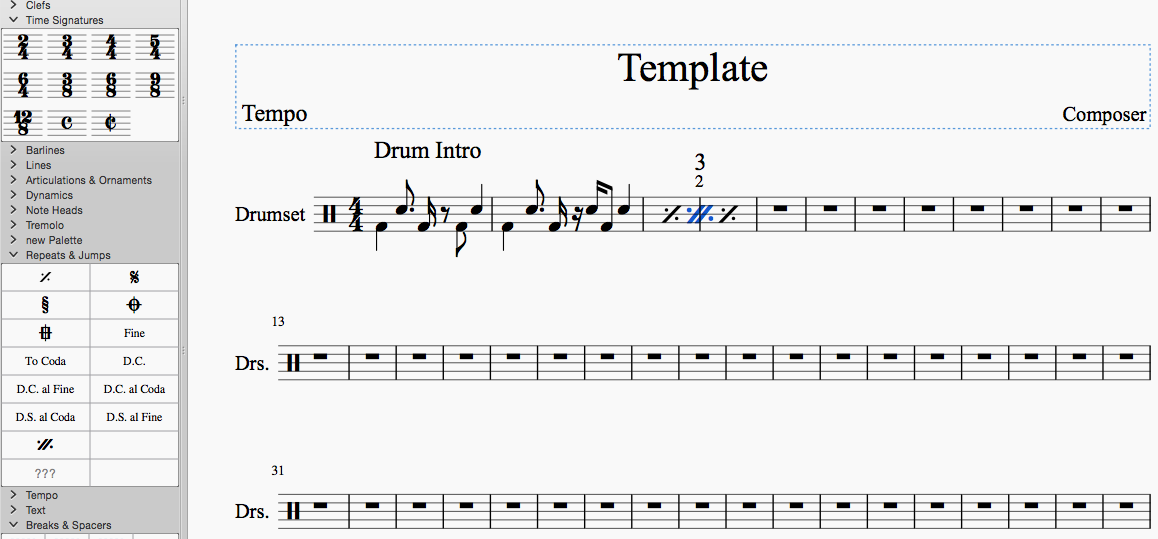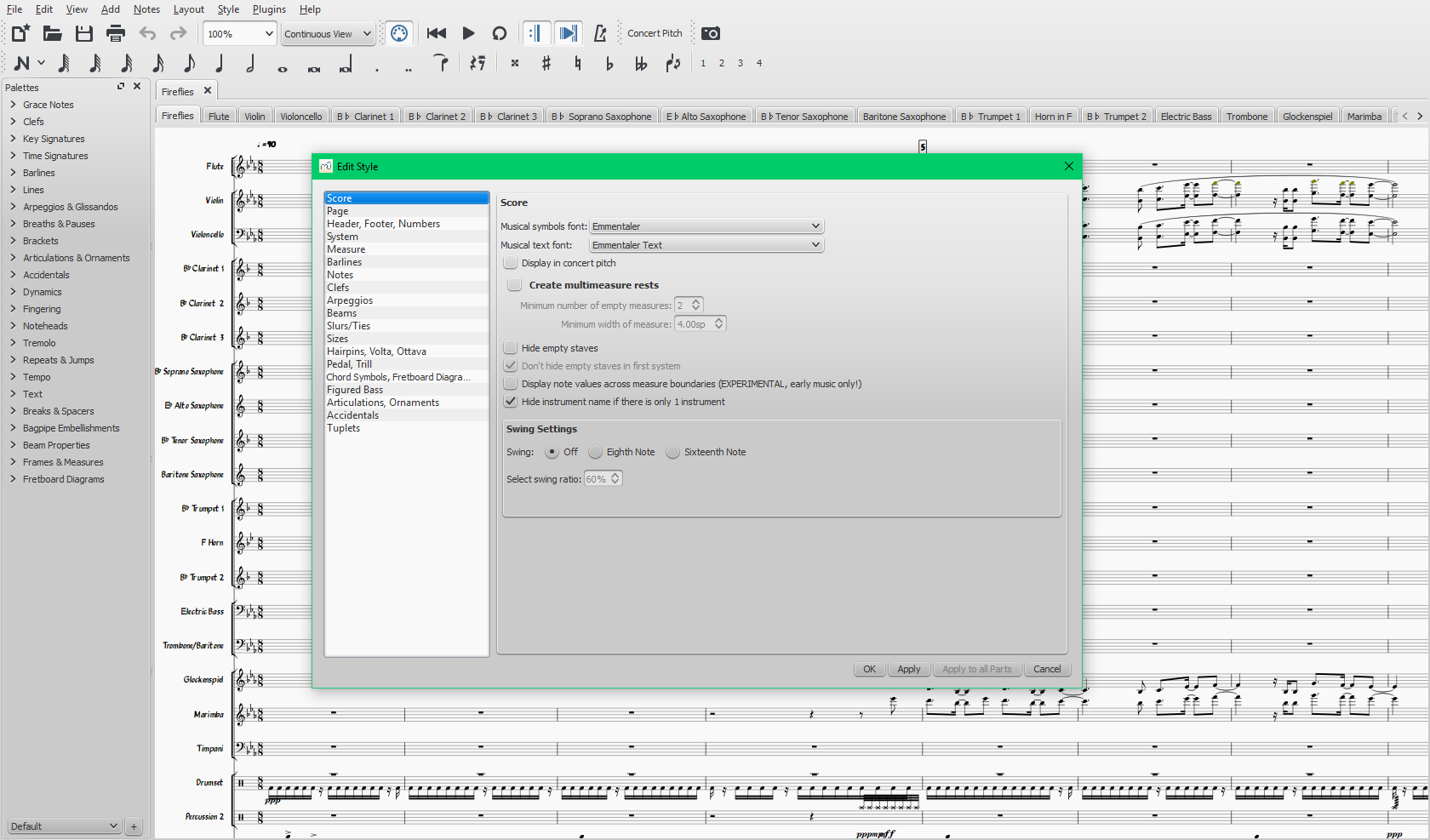
This course is part five of a series of courses on you scored in this series. Software called Music or My Name is Martin Cohen on a piano teacher and composer, and I use music er almost every day. In this course, you will learn all you need to make beautiful sheet music with a fantastic free music notation. New score, part five parts playback, important export and plug ins. Introduction video part 5: hi and welcome to the course. Note: You can download a PDF-file with MuseScore keyboard shortcuts in the project section of this course.ġ. how to install and use plugins for MuseScore how to export your score in several audio formats and as a MIDI file how to use all the functionalities of the playback section, like for example looping how to work with multi-measure rests in parts In a part, you can display and print single instruments or a self-defined group of instruments that are in a score with multiple instruments If you’re totally new to MuseScore, I would advise you to start with “MuseScore (part 1): Quick Start Guide”, where you will learn the basics of MuseScore: where to download the program, how to install (on Windows, Mac and Linux computers), how to write your first score, save, print and playback the score. This course is part 5 out of 5 of a series of MuseScore courses. You can even use MuseScore to write your own play-along tracks to practice your instrument. See also: Measure operations: Break multimeasure rest.MuseScore is a FREE music notation software that you can use to write sheet music.īecause of its built-in playback feature, the program is also a great tool for music composers. From the menu, choose Measure Properties and tick "Break multimeasure rest.".Right-click on the measure where you want the second multimeasure rest to start.Ensure that the option to display multimeasure rests in the score is off (see above).You may want to have a multimeasure rest divided into two multimeasure rests: Note: It is recommended that you enter all notes in the score first before enabling multimeasure rests. Here you can also set the minimum of empty measures to combine into a multimeasure rest (see also Layout and formatting: Score). Tick/untick "Create multimeasure rests".

Click on the "Score" tab, if it is not already selected.and also at measures that are set to break multimeasure rests.

Multimeasure rests are automatically interrupted at important points, such as double barlines, rehearsal marks, key- or time signature changes, section breaks etc. Make sure the rest is selected, then press Ctrl+ Shift+ Del (Mac: Cmd+ Shift+ Backspace).Ī Multimeasure rest indicates a period of silence for an instrument: the number of measures is shown by the number above the staff.In the appropriate voice, enter a rest that extends for the full measure.

To create a full measure rest in a particular voice

with no custom durations:ġ Select a measure, or range of measures. Use the following method if all selected measures are "standard"-i.e. A whole rest, centered within a measure (shown below), is used to indicate that an entire measure (or a voice within a measure) is silent, regardless of time signature.


 0 kommentar(er)
0 kommentar(er)
